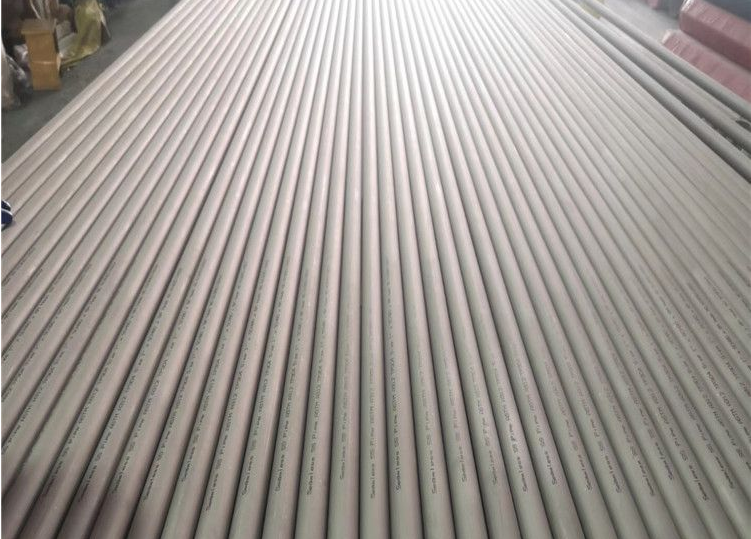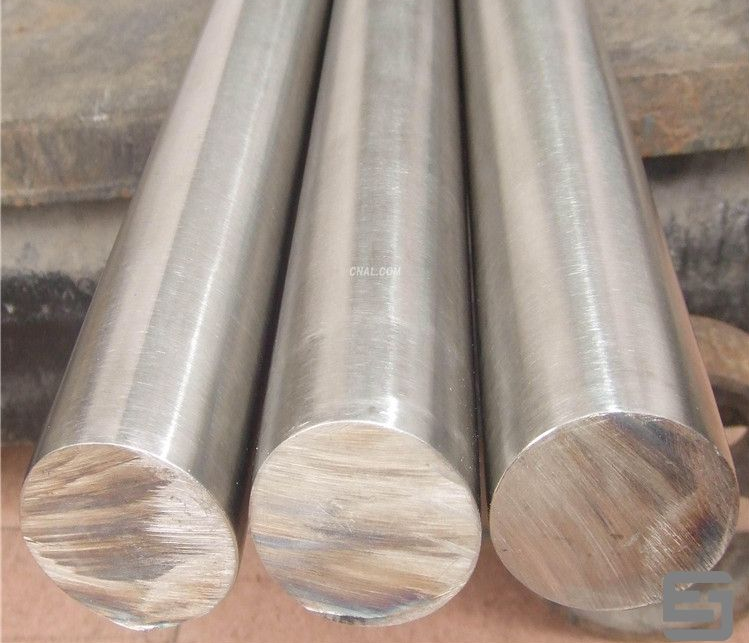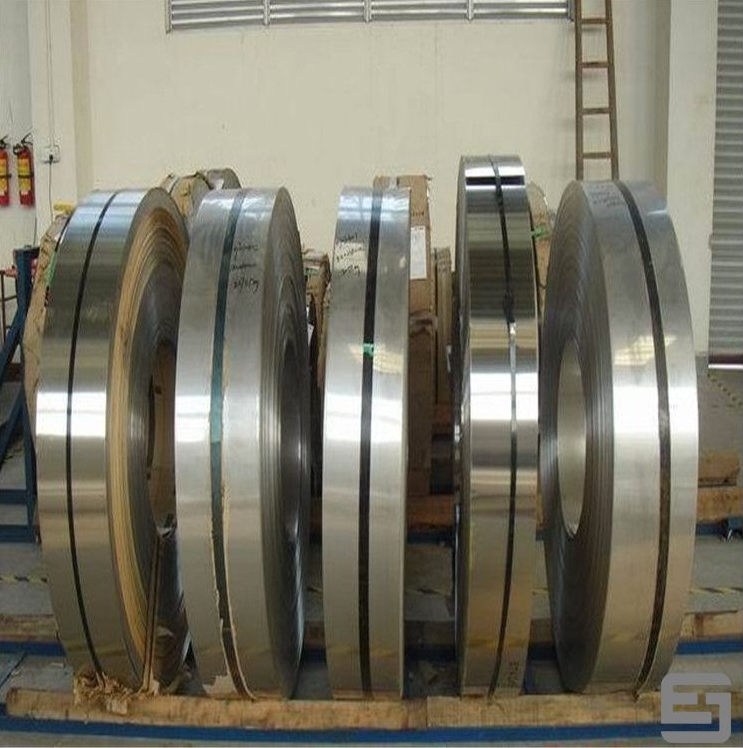Inconel 718: A Comprehensive Overview
Introduction
Inconel 718 is a nickel-chromium-based superalloy renowned for its exceptional strength, corrosion resistance, and thermal stability at elevated temperatures. Developed in the 1960s, it has become one of the most widely used alloys in industries requiring materials capable of withstanding extreme environments. Its unique combination of mechanical properties, weldability, and workability makes it indispensable for aerospace, oil and gas, nuclear, and chemical processing applications.
Chemical Composition
Inconel 718 is primarily composed of:
- Nickel (Ni): 50–55% (provides corrosion resistance and high-temperature stability).
- Chromium (Cr): 17–21% (enhances oxidation and corrosion resistance).
- Iron (Fe): Balance (cost-effective strengthening element).
- Niobium (Nb): 4.75–5.5% (forms strengthening precipitates, such as γ'' phase).
- Molybdenum (Mo): 2.8–3.3% (improves strength and corrosion resistance).
- Titanium (Ti): 0.65–1.15% (stabilizes carbides and contributes to precipitation hardening).
- Aluminum (Al): 0.2–0.8% (supports age-hardening).
- Trace elements: Carbon (C), Cobalt (Co), and Manganese (Mn) in smaller quantities.
Key Properties
- Mechanical Properties
- High-Temperature Strength: Retains tensile strength up to 700°C (1300°F) due to γ'' (Ni₃Nb) precipitates.
- Yield Strength: ~1030 MPa (150 ksi) at room temperature.
- Creep Resistance: Excellent resistance to deformation under prolonged stress at high temperatures.
- Fatigue Resistance: Performs well under cyclic loading, critical for rotating components.
- Physical Properties
- Density: 8.19 g/cm³.
- Melting Range: 1260–1336°C (2300–2440°F).
- Thermal Expansion Coefficient: 13.0 µm/m·°C (20–100°C).
- Electrical Resistivity: 1.25 µΩ·m.
- Corrosion Resistance
- Resists oxidation, carburization, and sulfidation in high-temperature environments.
- Performs well in acidic, alkaline, and chloride-containing media.
Fabrication and Heat Treatment
- Processing Methods
- Hot Working: Forged or rolled at 950–1150°C (1740–2100°F).
- Cold Working: Requires intermediate annealing to mitigate work hardening.
- Machining: Difficult due to work hardening; carbide or ceramic tools are recommended.
- Heat Treatment
- Solution Annealing: 955–1010°C (1750–1850°F), followed by rapid cooling.
- Aging: Two-step process at 720°C (1325°F) for 8 hours and 620°C (1150°F) for 8 hours to precipitate γ'' and γ' phases.
Applications
- Aerospace
- Jet engine components (turbine blades, disks, casings).
- Rocket motors and afterburner parts.
- Oil & Gas
- Downhole tools, wellhead components, and valves for sour gas environments.
- Nuclear Industry
- Reactor core components and fuel rod cladding.
- Chemical Processing
- Pumps, valves, and heat exchangers exposed to corrosive fluids.
Welding and Joining
Inconel 718 is readily weldable using techniques such as:
- TIG (GTAW) and MIG (GMAW) welding.
- Electron Beam Welding (EBW) for precision joints.
Post-weld heat treatment is often required to restore mechanical properties.
Advantages
- Outstanding balance of strength, toughness, and corrosion resistance.
- Superior performance in cryogenic to high-temperature environments (-250°C to 700°C).
- Good manufacturability compared to other nickel-based superalloys.
Limitations
- High material and machining costs.
- Susceptibility to stress-corrosion cracking in chloride-rich environments if improperly heat-treated.
- Requires specialized welding and heat treatment expertise.
Standards and Specifications
Common standards include:
- ASTM B637 (bar, wire, forgings).
- AMS 5662/5663 (aerospace-grade material).
- UNS N07718.
Conclusion
Inconel 718 remains a cornerstone material for critical applications demanding reliability under extreme conditions. Its versatility, coupled with continuous advancements in processing technologies, ensures its prominence in advanced engineering sectors. Understanding its properties, proper heat treatment, and fabrication techniques is essential to maximizing its performance and longevity.
This comprehensive overview highlights why Inconel 718 is a material of choice for engineers tackling the most challenging operational environments.






